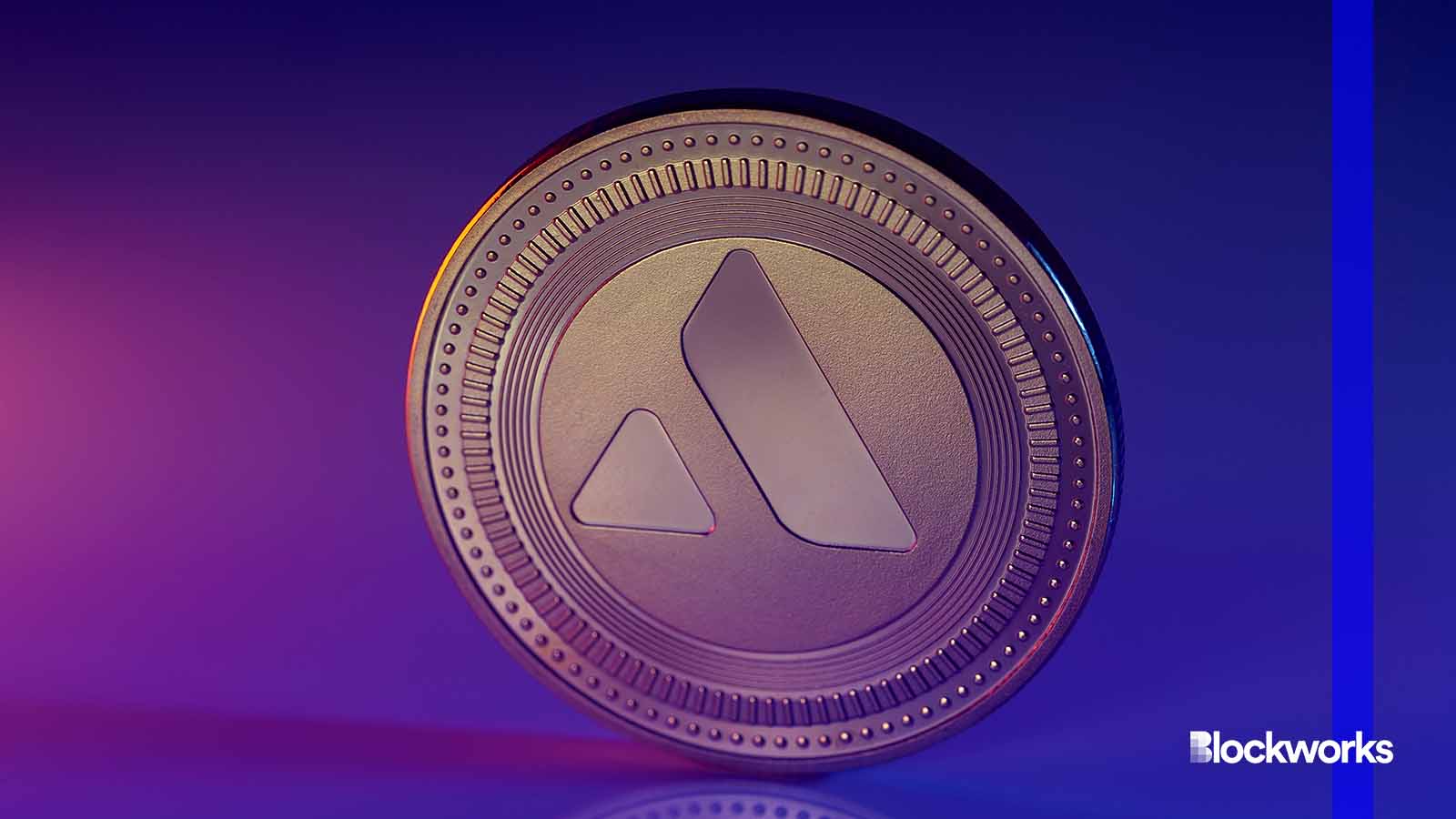Etherscan will no longer run Ava Labs’ block explorer
This decision will streamline the support for multiple subnets on Avalanche

DIAMOND VISUALS/Shutterstock modified by Blockworks
Ava Labs will sunset its Etherscan-run block explorer and replace it with a new product, dubbed Routescan, on Nov. 30.
Users will be required to back up the information they have included on the block explorer before the deactivation date, including addresses, private name tags and private transaction notes.
According to the Etherscan website, the decision to discontinue block explorers is often the result of various factors, including the expiration or non-renewal of a service agreement or lack of team bandwidth.
Luigi D’Onorio, the head of DeFi and developer relations at Ava Labs, told Blockworks that Snowtrace as a domain will continue to live on, but the Etherscan deployment will be deprecated and replaced with a new product launch from the Avascan team.
“Avascan has been a loyal, native team to the Avalanche ecosystem and provides support for Subnets, X-Chain and P-Chain as well as the C-Chain. The Etherscan deployment simply covered the C-Chain. As Avalanche continues to scale with Subnets, it is important that infrastructure partners cover this as well,” D’Onorio said.
Austin Blackerby, an analytics manager at Flipside Crypto, noted that the costs of pulling data from subnets would be quite high for outside vendors such as Etherscan. It would be much more cost-effective for Ava Labs to bring these resources in-house, he said.
“By bringing this in-house, they can take advantage of internal resources as well as create a seamless experience across the different subnets,” said Blackerby.
There are downsides to this move, however, according to Trevor Wenokur, a senior data analytics engineer at Flipside Crypto. Wenokur noted that in the short term, there will be a loss of shared expertise and tooling across EVM-compatible chains for both users and the team creating the new explorer.
“Oftentimes, EVM compatible chains share the same (or similar enough) processes and upgrades that things like technical solutions to decoding or new approaches for data type changes, new values etc., can be efficiently solved in one place, then applied everywhere all at once,” Wenokur said.
The business model of block explorers
Carlos Mercado, a data scientist at Flipside Crypto, told Blockworks that block explorers often profit from foundations that pay for their services.
“For instance, the Etherscan team runs cloned user interfaces for blockchains including Fantom, Polygon, Optimism, Arbitrum, etc,” Mercado said.
They also sell enterprise API access to their data sets and build a competitive advantage by offering unique data.
“General purpose block explorers can remain at a competitive advantage by integrating off-chain data like contract code or ABIs to decode transactions,” Mercado said, “providing better, faster, cheaper enterprise access to historical data on user interactions with contracts.”
Ultimately, though, D’Onorio notes that the key to remaining competitive as a block explorer is to have a diverse set of well-funded teams working together on the product.
“Deciding who to work with is really a function of who has the long-term alignment in terms of incentives and focus on your ecosystem and a technically capable team,” D’Onorio said.
Updated Nov. 2, 2023 at 8:58 am ET: Clarified that Etherscan team runs cloned user interfaces for blockchains including Fantom, etc.
Get the news in your inbox. Explore Blockworks newsletters:
- The Breakdown: Decoding crypto and the markets. Daily.
- 0xResearch: Alpha in your inbox. Think like an analyst.






